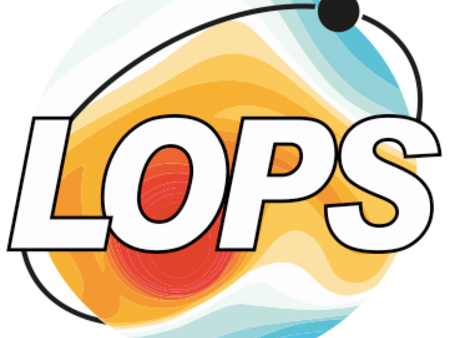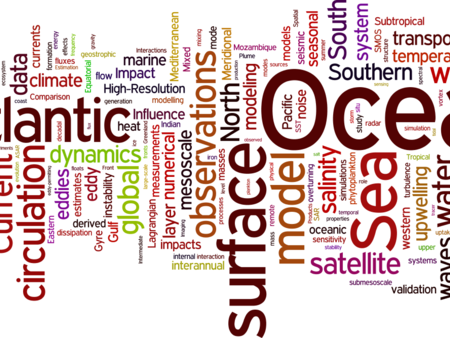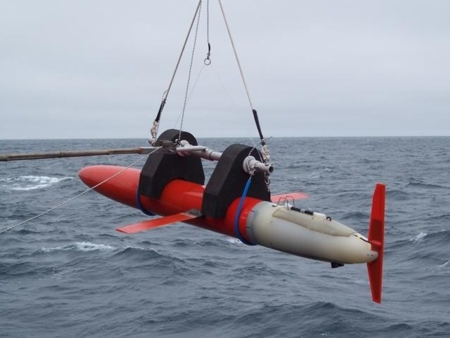Version 1.0 of the Sea State Climate Change Initiative dataset is available
A new dataset on ocean wave heighs obtained from satellite has just been made public. What is new? Unprecedented spatial resolution thanks to an adaptative noise filtering. This is the version 1.0 of the ESA Sea State CCI project, covering 1993 to 2018. You can access the data here: https://forms.ifremer.fr/lops-siam/access-to-esa-cci-sea-state-data/ , and join us in Brest on October 8-9 for a User Consultation Meeting, so that your need for ocean wave data are taken into account; https://seastatecci-ucm.sciencesconf.org/
Following up on the "GlobWave" project, the Sea State CCI project is funded by the European Space Agency to produce a consistent dataset of ocean waves for climate analyses. You can learn more about the project here http://cci.esa.int/seastate .
The data processing involves 2 main steps:
- an adjustment of all satellite missions on common reference that in Jason-2 . This is similar to what was done for the Globwave project but extended in time and to new missions.
- a denoising based on the Empirical Mode Decomposition that very effectively reduces "tracker noise" that otherwise dominates at scales under 100 km wavelength. The details of the method are described by Quilfen et al. (2018) and Quilfen & Chapron (2019).
This denoising now allows to see the very large effects of currents on waves (see also Ardhuin et al. 2017), such as found in the Agulhas region (figure below, left panels).
The new dataset is in particular more consistent with buoy measurements, with a much reduced noise for the older statellite missions such as ERS.
Future evolution of the data set will include:
- Other satellite missions (Sentinel 3, CFOSAT ...)
- an estimate of the mean square slope
- retracked altimeter data based on new algorithms or their evolution.
- SAR-derived parameters (not just the significant wave height).
If you want something specific, let us know and / or come to the User Consultation Meeting, October 8 and 9, in Brest, France: https://seastatecci-ucm.sciencesconf.org/







